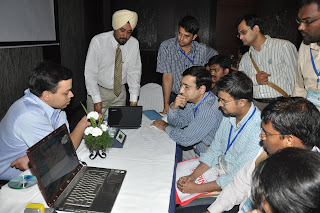Determination
In 1883, a creative engineer named John Roebling was inspired by an idea to build a spectacular bridge connecting New York with the Long Island. However bridge building experts throughout the world thought that this was an impossible feat and told Roebling to forget the idea. It just could not be done. It was not practical. It had never been done before. Roebling could not ignore the vision he had in his mind of this bridge. He thought about it all the time and he knew deep in his heart that it could be done. He just had to share the dream with someone else. After much discussion and persuasion he managed to convince his son Washington, an up and coming engineer, that the bridge in fact could be built. Working together for the first time, the father and son developed concepts of how it could be accomplished and how the obstacles could be overcome. With great excitement and inspiration, and the headiness of a wild challenge before them, they hired their crew and began to build the
